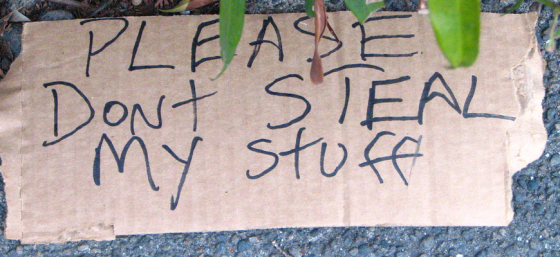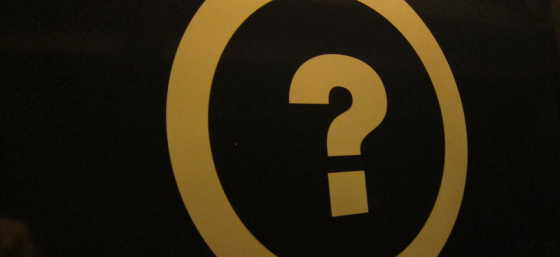Last week I posted a blog about my experience sending a Digital Millennium Copyright Act (DMCA) takedown notice to Google. A few questions have come up since I put up the post, and I wanted to address them.
When I first noticed that another blogger had taken a photo from my blog and posted it on her site, one of my friends asked me why I sent a DMCA takedown notice instead of just sending her an email. That’s a valid question, and an option I considered. I chose to send a DMCA takedown notice because I’d never sent one before I wanted to experience the process. I had no malicious intent. The blog where the copyright infringement was occurring was taken down in about 24 hours, and the blogger who stole my work changed the image and had the post back up in less than a day after that.
It seems like a lot of people use images they find online without thinking about the potential legal implications. This situation could have been a lot worse. My blog is not currently registered with the U.S. Copyright Office, but that’s on my to-do list. If I registered my blog and sued for infringement in this situation, I would only be eligible for my actual damages, which is probably nothing.
If you steal an image from a blog that was registered with the U.S. Copyright Office within 3 months of publication or 1 month of learning of the infringement (whichever happens first), you could be sued for copyright infringement and ordered to pay the copyright owner’s statutory damages and attorneys’ fees. In the worst case scenario, you could be ordered to pay up to $150,000 in damages plus attorneys’ fees.
So what’s the take home lesson? Be thoughtful about the images you use on your blog. Only use images that are available under Creative Commons. If there’s an image that you want to use that doesn’t come with a Creative Commons license, get permission from the copyright owner to use the image.
Feel free to connect with me via Twitter, Google+, Facebook, and LinkedIn.
Please visit my homepage for more information about Carter Law Firm.


